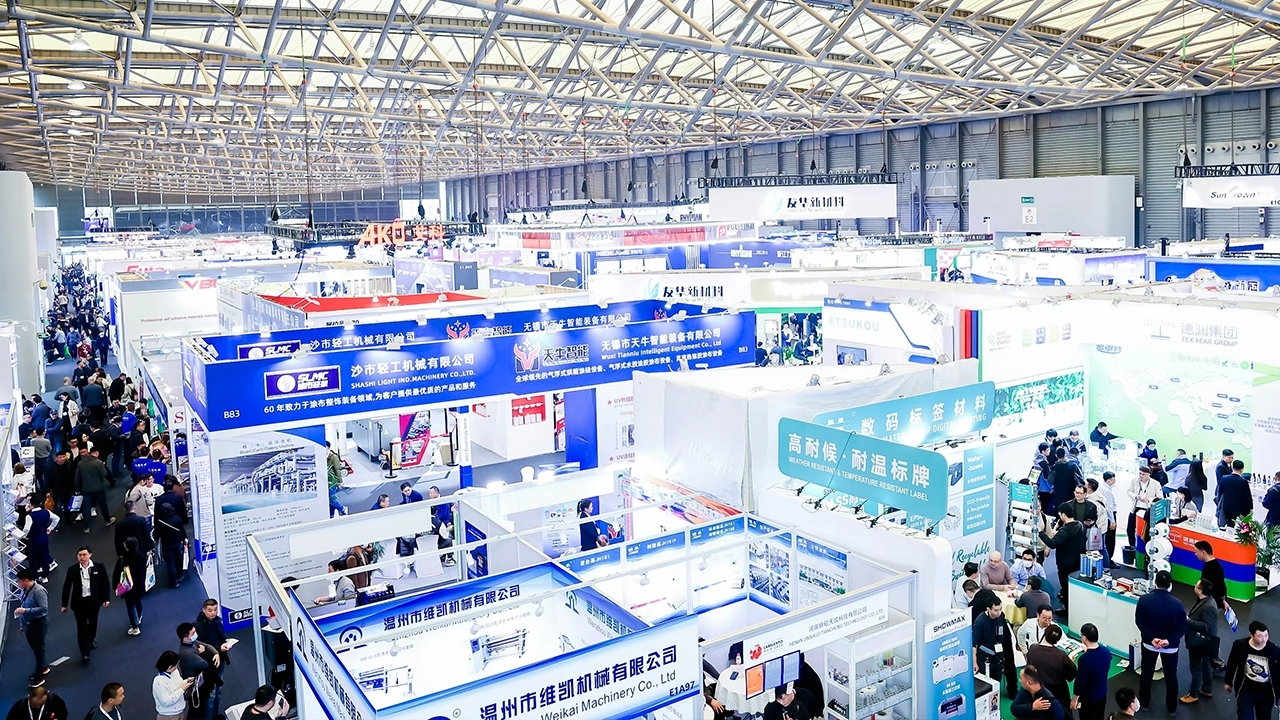A fragmented industry consolidates

The news that Smyth Companies has acquired Dow industries, and that Multi-Color Corporation (MCC) has increased its holdings in the European wine market demonstrates the profound impact of private equity in reshaping the label converting world.
With the backing of Canadian-based private equity firm Novacap, Smyth purchased Dow primarily because of its American East Coast coverage, thereby forming a powerhouse national converter and an entity powerful enough to play on the world stage.
Mutli-Color’s latest European acquisition is wine label specialist LA Cromografica, and this follows the announcement that the company is increasing its footprint in South Africa. MCC now has a truly global capability in wine label converting, matching the growth of global brands in this traditionally fragmented sector and allowing MCC to apply its existing expertise to new markets where PS still has a lot of growth potential.
As readers of Bob Cronin’s regular M&A column will be aware, these developments demonstrate the perception by the private equity world that the labels industry is likely to return significant growth over the next decade, and that there are major opportunities in a highly fragmented industry to build world-class label converting companies. Although carton and flexible packaging remain far bigger than labels in terms of volume and packaging market share, these industries have already been largely integrated through a handful of top players. The only globe-striding label converter to match these behemoths today is CCL.
So a major change is taking place in the structure of the label converting world, with rapid consolidation at the top matching – and driven by – consolidation and globalization of the global branded goods industry.
At the other end of the scale, smaller converters remain agile enough to service smaller local buyers and take local FMCG business where it makes sense. The danger comes for medium sized converters, already being squeezed by the big converting groups and by globalized industry suppliers and end users, but without the local client base which supports the small converter (‘mom & pop’ shops).
These converters need to change rapidly their business models from selling on price and volume to providing services which are not on the radar of the top groups, and beyond the capabilities of the smaller converter. This represents a key challenge and gives great scope for the kind of creative entrepreneurship which has driven our industry for the past 35 years.
Stay up to date
Subscribe to the free Label News newsletter and receive the latest content every week. We'll never share your email address.


